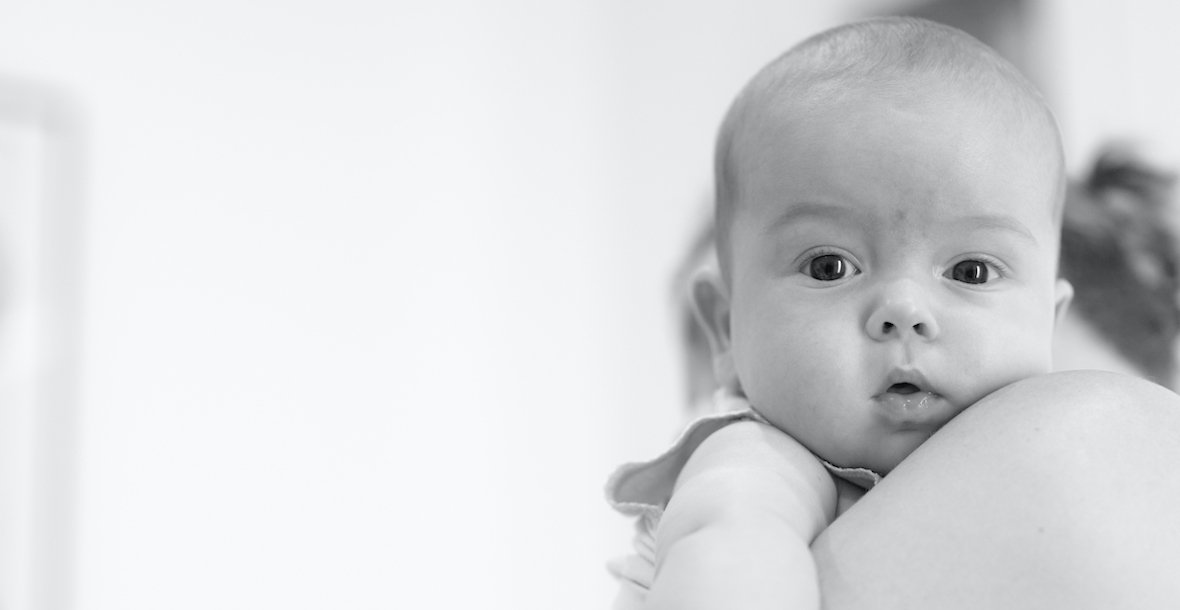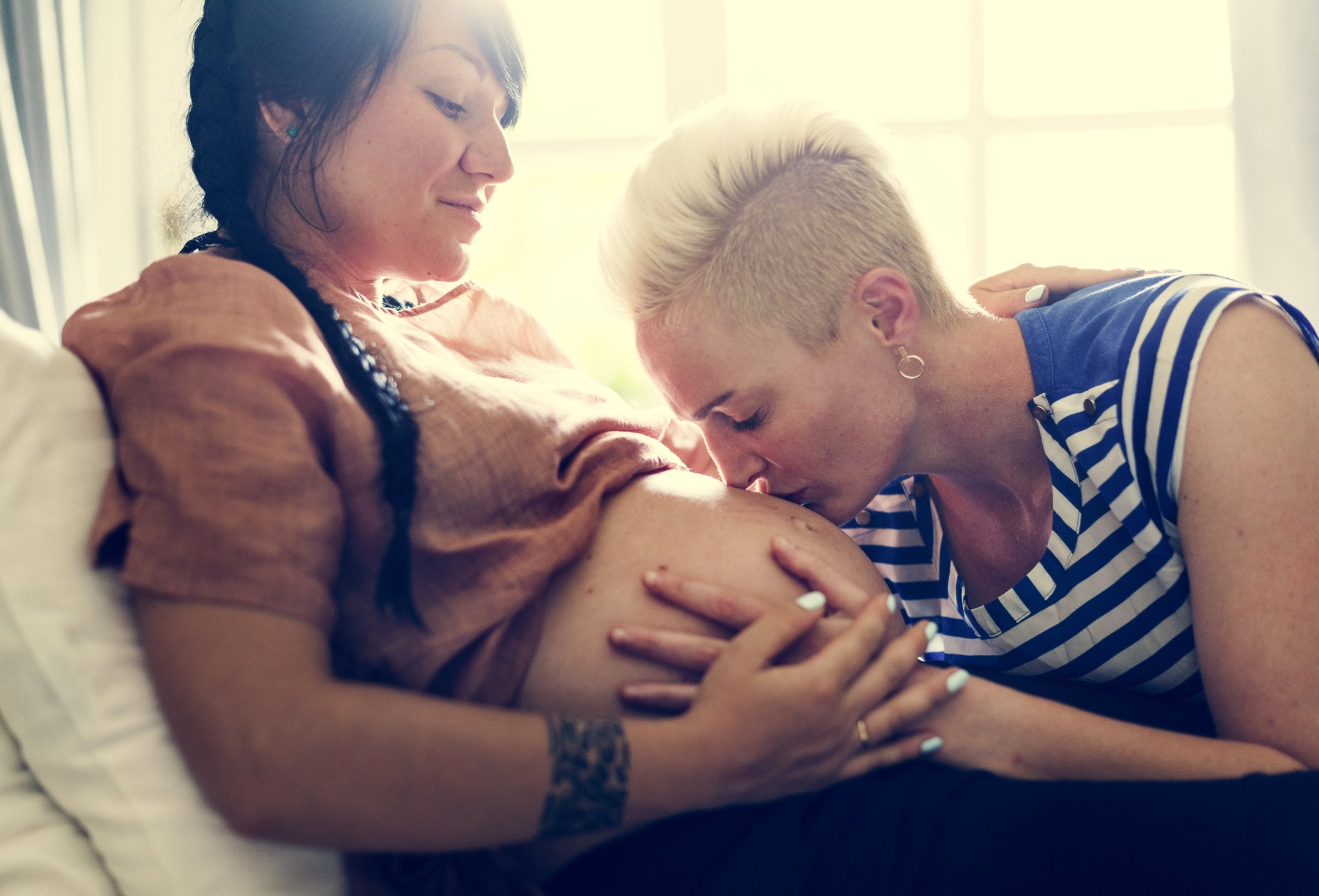
BRINGING BABY HOME
A workshop for new and expectant parents that offers research-based, practical skills to navigate the transition to parenthood together.
OVERVIEW
Bringing Baby Home (BBH) is a two day psycho-educational and hands on practical program that was created by the Drs. John and Julie Gottman to help prepare couples for the changes and challenges that come with the birth of a child. The program aims to provide the tools couples need to be the best parents they can be while maintaining the quality of their relationship and building a strong and healthy family together.Research shows that 2/3 couples will experience a significant drop in relationship satisfaction within 3 years of child’s birth. The challenges for new parents include a decrease in relationship quality, emotional changes such as the experience of postpartum depression or baby blues, and fathers experiencing depression and feelings of displacement.Research conducted by The Gottman Institute has shown that a couple’s relationship health is foundational to their child’s development, including their child’s achievement of physical milestones, language development, and establishing secure attachment and bonding with their father and mother.BBH teaches couples how to strengthen their friendship, increase intimacy and regulate conflict. Parents also learn how to co-parent effectively – learning how both parents can be kept involved.Research clearly shows that children thrive in a home where their parents love one another, care for one another, and where conflict is managed in such a way that the relationship intimacy of both parents, and their children is strengthened.It is my hope that as expectant parents, or parents of little ones (0-3yo) that you come along to the Bringing the Baby Home Workshop where you will learn how to give your child “the greatest gift…a strong relationship between you and your partner” (Dr. John Gottman, PhD).-
BENEFITS FOR COUPLES
– They are more satisfied in their relationship.
– Show greater sensitivity and responsiveness to their infant’s signals.
– Are more able to work together in family play and in co-parenting, with greater father involvement and more secure father-infant attachment.
– Show a decrease in symptoms of post-partum depression, anxiety and other psychopathology in both mother and father.
-
BENEFITS FOR CHILDREN
– Promotes emotional, social, cognitive and physical development
– Children develop the ability to self soothe and are less distressed
– Children sleep longer and cry less
– Children are shown to learn complex language faster
– They form greater attachment security with parents
-
WHAT YOU WILL LEARN
– Regulate conflict and manage conflict.
– How to strengthen a couple’s friendship.
– Increase intimacy.
– Learn how to co-parent effectively – learning how both parents can be kept involved.
– 67% of couples who attend the bringing the baby home workshop report a significant increase in relationship satisfaction.
-
Yes, you can bring your baby as long your baby is not too mobile (usually under 6 months old) as we have a limited amount of space. If you think having your baby will be too distracting to actively participate in the workshop please arrange for childcare.
-
Both can be valuable. It depends on your schedule and preferences. The workshop is designed for expecting parents but couples have found the content very relevant even after having their baby.
-
We recommend that you either take the workshop up to one month prior to your due date or at least a month after the birth of your baby. This will help you make the best out of the workshop and reduce the likelihood of you have to cancel the workshop at the last minute.
-
Absolutely. Couples have found it relevant and useful after having several children.
-
No. This class is focused on strengthening the relationship with your partner as you make the transition to having your baby.
-
If you are in a partnership, you must come together. If you are single parent, seeking support and assistance for co-parenting then an exception can be made and you may still get something out of the program.
FREQUENTLY ASKED QUESTIONS
THE GOTTMAN INSTITUTE
Dr John Gottman, from The Gottman Institute, explaining his Bringing Baby Home program.



